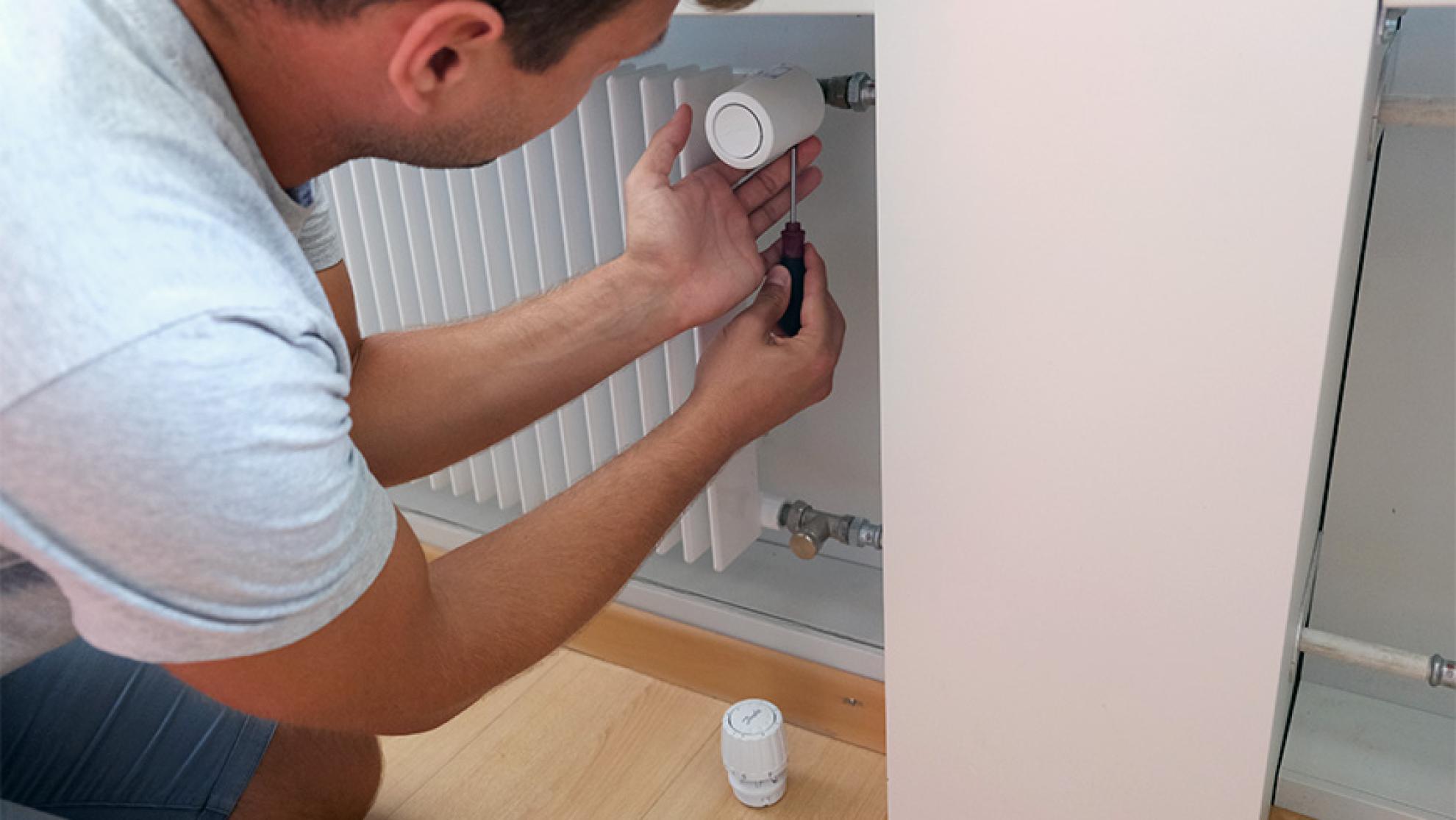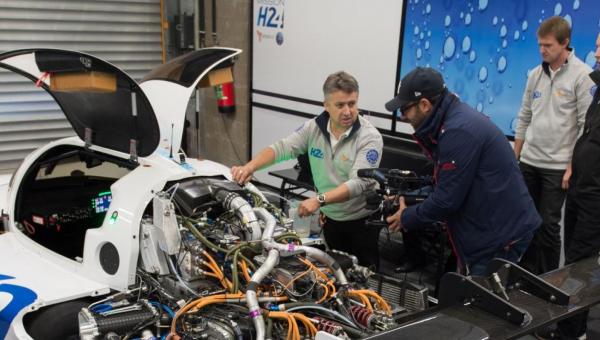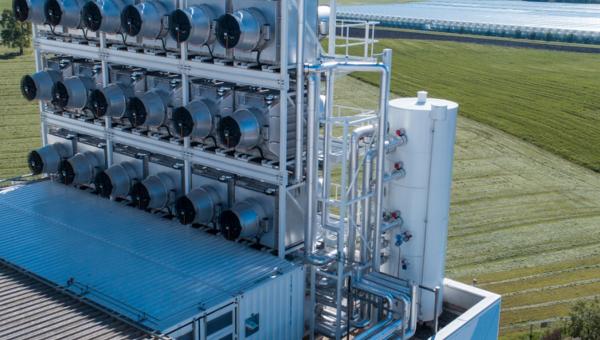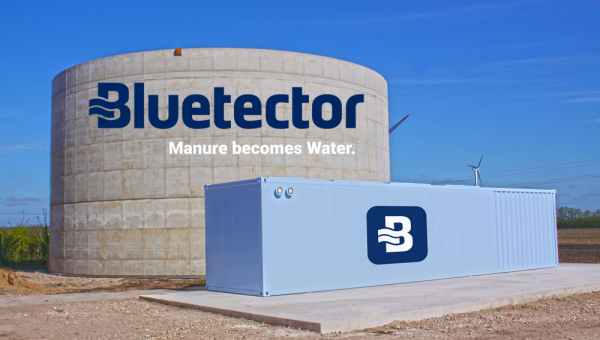A predictive thermostat to save energy at home

A new self-learning algorithm for heating systems can be integrated into intelligent thermostats, reducing buildings' energy consumption by 20–40%.
Heating and cooling buildings is responsible for one third of the world's energy consumption and CO2 emissions. While building renovations are expensive, building control systems can be easily upgraded at a much lower cost. Operating a building energy system with self-learning predictive control – the state of the art in building climate control – saves significant amounts of energy while increasing thermal comfort.
Viboo, a spin-off from the Swiss Federal Laboratories for Materials Testing and Research (Empa), has developed such an algorithm for saving heating energy. According to a press release, the technology helps to reduce the energy needed to heat buildings – even older ones – by about 25%. The user's comfort remains the same or even improves.

Replacing conventional radiator thermostat sensors with smart thermostats to make use of the self-learning algorithm from viboo.
Calculating the building's ideal energy use
Researchers Felix Bünning and Benjamin Huber developed the idea during their work at Empa's Urban Energy Systems Lab. Based on weather and building data, the control algorithm, with physics-informed machine learning, can calculate a building's ideal energy use several hours in advance. The room temperature and valve position data is measured for 1-2 weeks and stored in a database. This data serves as a basis for generating a model that predicts the building's thermal behaviour, making it possible to calculate precisely how much heating is required to maintain the comfort level that the users prefer.
Successful pilot project
The first experiments at Empa were very successful, indicating energy savings of around 25%. This was reason enough for the research team to found their own company in March 2022 and to go ahead with the commercialisation of the technology. In an initial field test, an old building at Empa was equipped with 150 smart thermostats from an existing manufacturer. Thanks to viboo's cloud service, the valves could be controlled and the optimal temperature set automatically. This was possible thanks to the self-learning algorithm which used predictive control to determine optimal control inputs while taking into account the future behaviour of the building, user preferences and the weather forecast.
After this field test was completed, measurements made indicated that 23% less energy was consumed, year-on-year.
The spin-off says it is now looking to collect further data in different types of buildings. Various projects, involving ABB, Danfoss, Schneider Electric and other companies, are already under way. So it might not be all too long before we can easily and significantly reduce how much energy we use at home.




